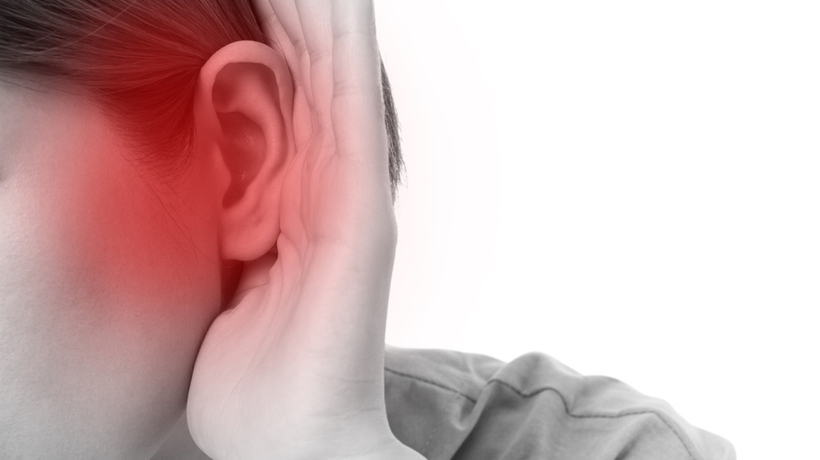Hearing loss is not always permanent or a cause for concern. The explanation could be as simple as excessive wax or an infection, in which case the cure could be as simple as a cleaning or round of antibiotics.
However, according to Hearinglink.org and the National Institute of Aging, there are instances where hearing loss can signal, or be the result of, a more complex condition. The cause of such hearing loss can stem from one or more parts of the ear or hearing system, from the outer and middle ear to the inner ear and auditory cortex. Possible conditions have been outline by Hearing Link and the NIA and are as follows:
Possible Causes of Hearing Loss Stemming From the Outer or Middle Ear
- Excessive wax The most common cause of hearing loss
- Trauma and inflammation If the tiny bones in the middle ear which transmit sound vibrations become dislocated, hearing loss can occur. Possible causes of trauma include car accidents and direct hits while playing sports.
- Otitis externa, swelling in the ear canal due to allergy, skin infection or inflammation
- Foreign body
- Osteoma, bony growths that can develop in the ear
- Otitis media, infection of the middle ear due to Eustachian tube blockage as a result of a bacterial or viral infection
- Perforated eardrum, usually caused by otitis media
- Cholesteatoma, a benign growth in the eardrum that can gradually enlarge, which can result in life-threatening complications ranging from mastoiditis and meningitis if left untreated
- Barotrauma, abnormal pressure in the middle ear due to atmospheric pressure changes, such as those that occur when flying or diving. In some cases, this can cause permanent damage, especially in those suffering from significant congestion due to a head cold or other ailment.
- Otosclerosis, a hereditary condition which can be treated successfully via surgery
Possible Causes of Hearing Loss Stemming From the Inner Ear or the Brain
- Wear and tear due to aging
- Noise exposure, like atmospheric noise at work or live concerts, or music through earbuds or headphones
- Cardiovascular disease like hardening of the arteries, high blood pressure, thrombosis, stroke, and heart attack, which can reduce the blood supply to the inner ear or part of the brain connected to hearing
- Infectious diseases, like measles, mumps, meningitis, chicken pox, shingles and influenza
- Medications, like those used for certain cancers or serious infections. Even aspirin can cause hearing loss if taken regularly and in larger doses, but such hearing loss is usually reversible if the person stops taking the medication.
- Diabetes
- Meniere’s disorder, which can also cause dizziness and ringing in the ears
- Genetics Some people are more prone to hearing loss from noise exposure.
- Tumor between the inner ear and brainstem
- Dementia The link between cognitive decline and hearing loss is not fully understood, but research suggests an association.
For more information on hearing loss, its causes, and treatment, visit www.nia.nih.gov.



